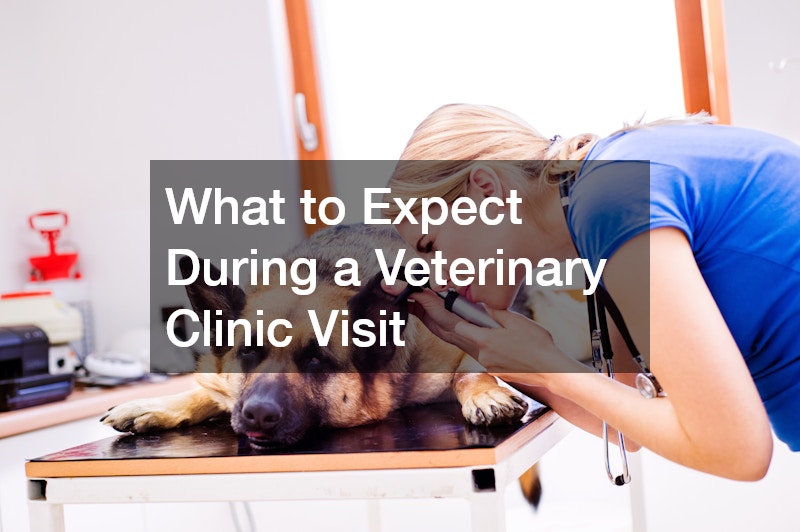
Visiting a veterinary clinic with your pet can be daunting, especially for first-time pet owners. Understanding what to expect during a visit can help alleviate some anxiety and ensure that you and your pet have a positive experience. This article will outline the most common aspects of a veterinary clinic visit, providing insights into the procedures and typical questions pet owners have.
Video Source
Being prepared for your pet's veterinary appointment ensures a smooth and efficient visit. When visiting a veterinary clinic, it's essential to bring a few key items that will help streamline the process. This preparation not only aids the veterinarian in gaining a comprehensive understanding of your pet's health but also ensures you address all of your concerns.
One of the most crucial items to bring is your pet's previous medical records, which provide the vet with a history of past illnesses and treatments. Additionally, carrying a vaccination history is vital for updating routine shots and identifying if any boosters are needed. A complete list of your pet's current medications, including supplements, can help the veterinarian understand ongoing treatments and avoid potential drug interactions.
It's also beneficial to prepare a list of questions or concerns you may have about your pet's health or behavior. This list ensures you don't forget to inquire about issues that could be significant to your pet's well-being. Moreover, the keyword "responsible pet care" emphasizes the importance of staying informed about your pet's needs during the vet visit. Providing accurate information about any recent health changes in your pet can significantly aid the diagnosis and treatment plans.
Understanding the typical flow of a veterinary check-up helps you know what to expect. The standard components of a check-up are designed to assess your pet's overall health and identify any issues early on. For pet owners, knowing what each step entails can make the experience far less daunting.
The examination typically begins with a physical assessment, where the vet checks your pet's weight, temperature, and general condition. Depending on your pet's age, breed, or any symptoms it might be exhibiting, diagnostic tests such as blood work or urinalysis might be recommended. During this time, the vet may also engage in discussions on pet health, behavior, and any lifestyle adjustments needed, offering a comprehensive approach to care.
Your veterinarian may perform specific checks on your pet's ears, eyes, mouth, and skin to detect any signs of infection or chronic conditions. The fact that some pets are more prone to certain health issues based on their breed might lead to breed-specific advice during these examinations. The keyword "consistency in care" underscores the importance of routine check-ups in maintaining your pet's health.
To acclimate your pet to carriers, it's beneficial to leave the carrier out at home with treats or familiar bedding inside, making it a comfortable space. Getting your pet accustomed to traveling by taking short trips in the car can help reduce anxiety of longer trips, such as those to the vet. Visiting environments similar to the clinic, like pet-friendly stores or parks, may also help your pet get used to new surroundings and unfamiliar scents.
Engaging in pet-friendly practices can significantly reduce your pet's stress levels. These practices include offering rewards, calming products like pheromone sprays, and perhaps even a special toy for distraction. Additionally, ensuring your pet has had adequate exercise on the day of the visit can reduce pent-up energy and accompanying anxiety.
As a culminating step, maintaining a calm and positive attitude yourself helps convey a sense of security to your pet during the vet visit. The simple fact is that your pet often picks up on your cues and mood. Reinforcing positive experiences during and after the visit with treats and praise continues to build confidence in your pet for future visits.
The key to a successful veterinary clinic visit is preparation and understanding the process. Armed with the right knowledge and preparations, you can ensure that your pet remains calm and that the veterinarian can provide the necessary care efficiently. Regular veterinary visits are a cornerstone of responsible pet ownership and contribute to the long-term health and well-being of your beloved animal companion.
.